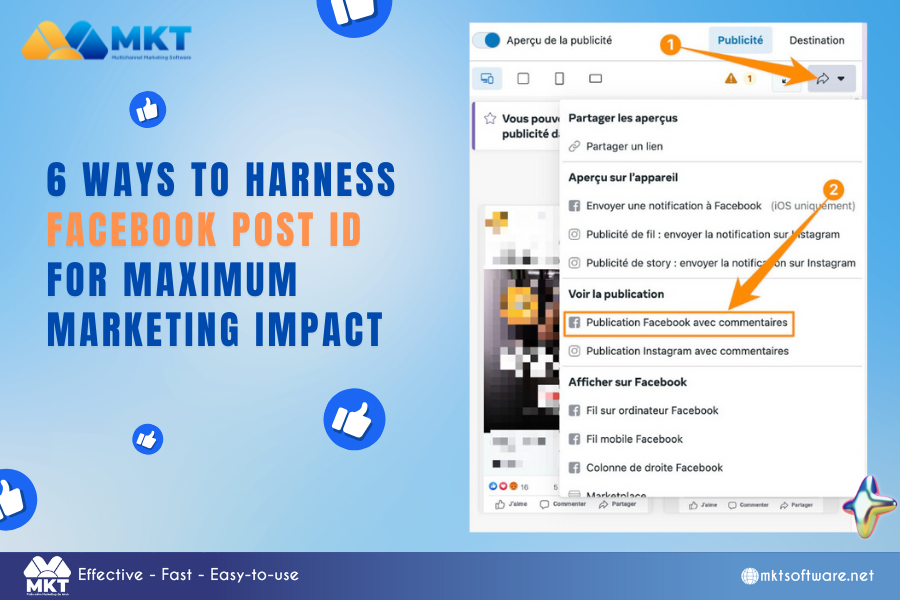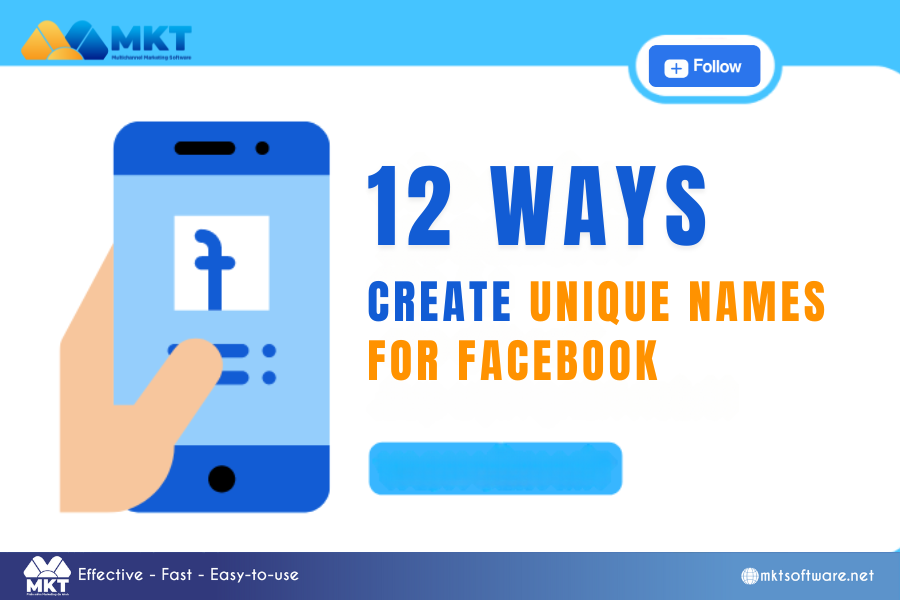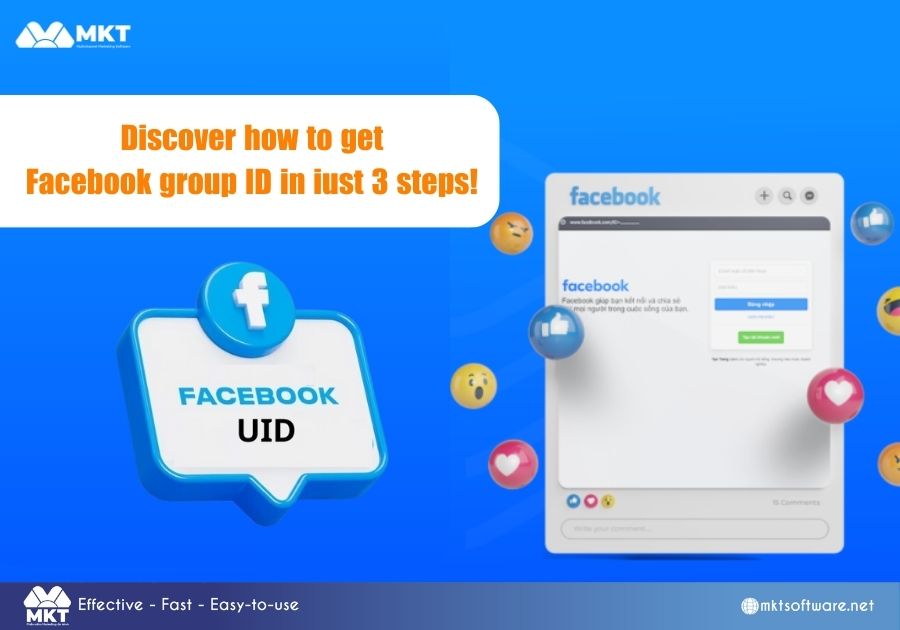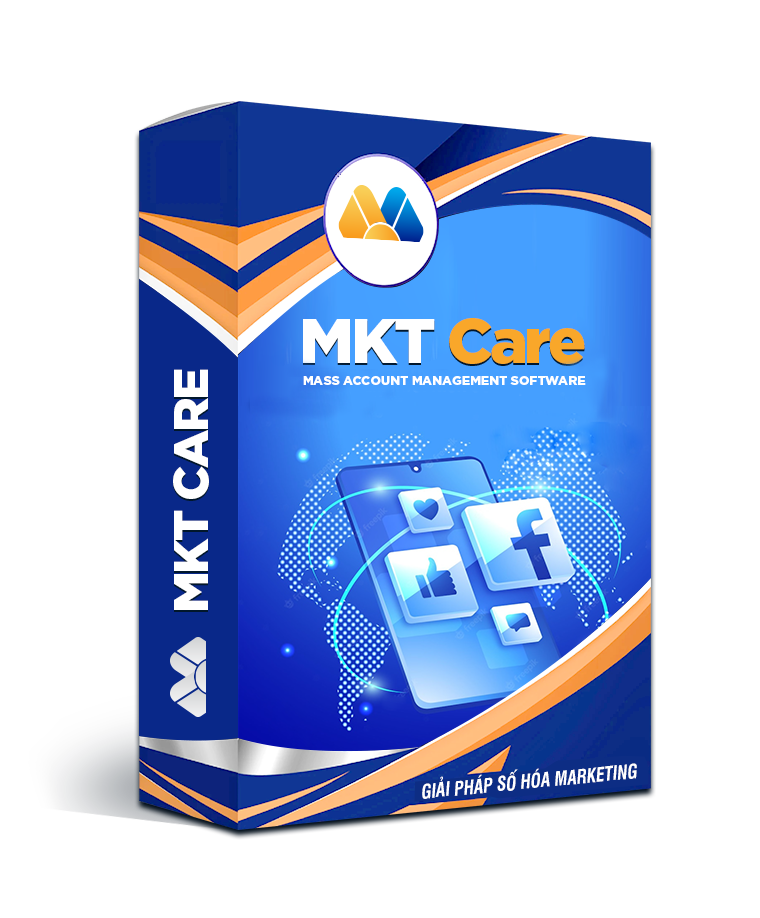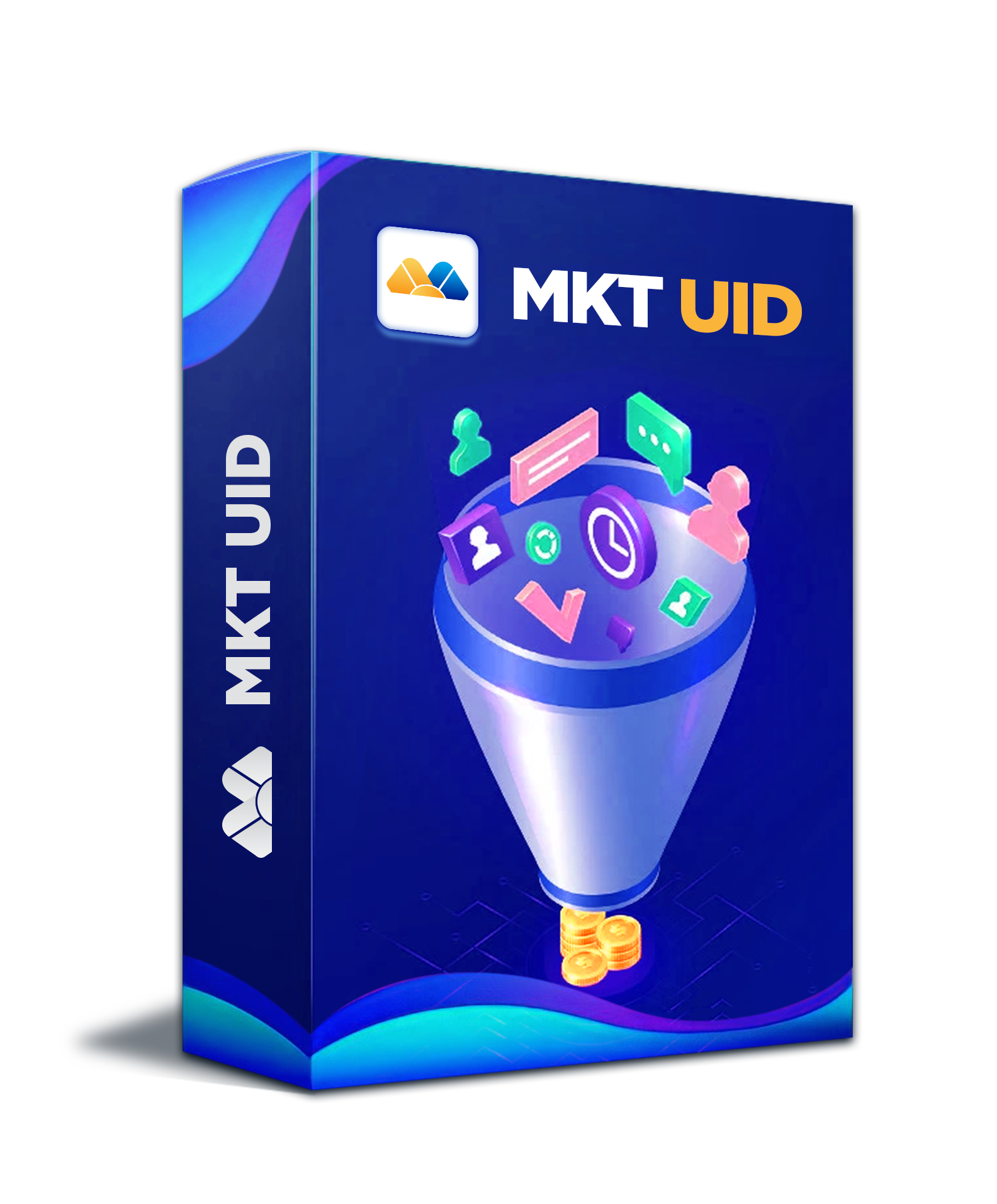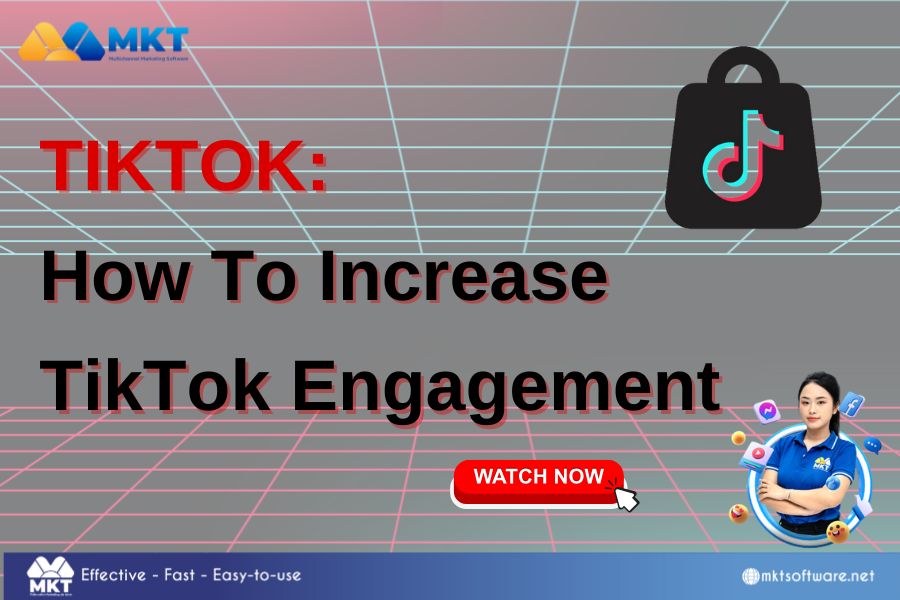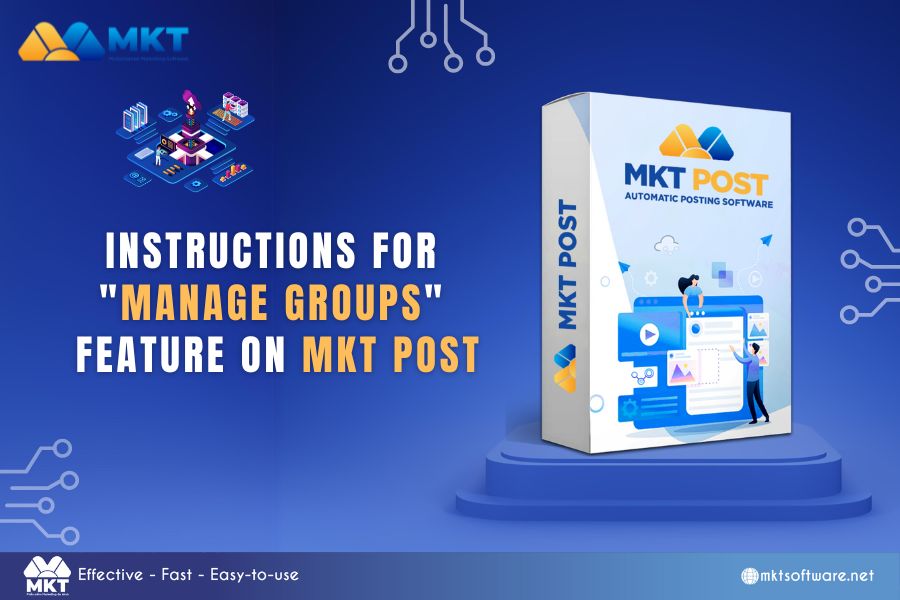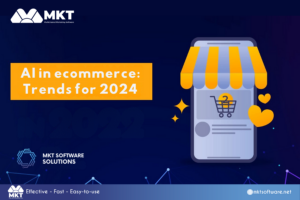Live commerce is transforming online shopping, projected to grow into a $500 billion market globally by 2025. As live commerce continues to surge, it’s becoming an essential tool for brands to stand out and boost sales like never before. Discover effective strategies to make your live commerce a success with MKT Software in this article.
Table of Contents
Toggle
I. What does live commerce mean?
Live commerce combines live streaming or online broadcasts with e-commerce or online transactions. It involves real-time sales broadcasts that showcase products, provide reviews, allow for questions, and enable immediate purchases.
To clarify, how is live commerce different from regular online listings?
Live commerce combines online product sales with easy accessibility and convenience at any time, much like the experience of an in-store visit. The seller’s expressions and the tangible display of products on-screen make it more engaging, with the added advantage of direct conversations and question-and-answer interactions. This real-time approach makes live sales appealing, with providers often using all sorts of entertainment – music, singing, dancing – to attract customers, turning some broadcasts viral. Some hosts even become celebrities by hosting live shows and selling products online.
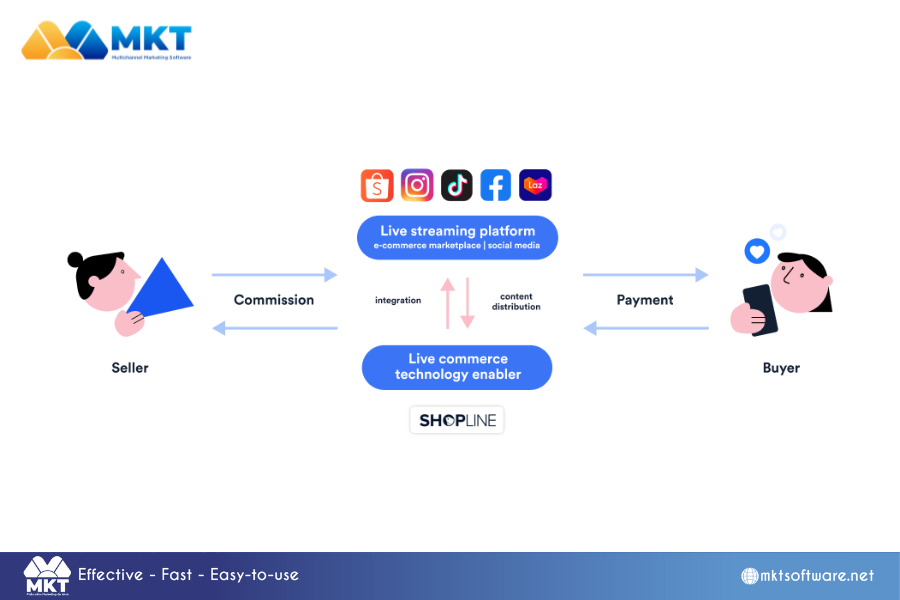
II. How to succeed in live commerce?
After setting up a store page and gaining a certain follower count, the next step is to strategize so each live sales event generates maximum revenue and brand awareness.
1. Schedule live sales at times that match the platform’s activity
To attract as many viewers as possible, it’s essential to go live when people are active on the platform. Here’s a look at the peak times for live sales on popular platforms:
- Facebook: Around 7:00 PM – 10:30 PM is ideal for live streaming, as most people are active on social media at this time, relaxing and engaging in social media for entertainment
- TikTok: Around 10:00 AM or after 8:00 PM, especially on Mondays, Tuesdays, or Fridays, when engagement peaks, increasing your chances of closing sales.
- E-commerce platforms: Starting at 7:00 PM is considered golden time, as buyers and sellers are both highly active. These platforms often feature big discounts that draw more people in to shop.
Once you have a regular live schedule, remember to notify customers on your page or sales channels, so your audience can prepare in advance to tune in.

2. Prepare product information and samples for display
As live selling is popular because viewers can see the product from many angles, have samples and color options ready or assign a staff member to fetch items quickly. This ensures that if a customer wants to see a specific product, it’s showcased promptly. Preparing detailed product information also lets you answer questions confidently, showing your interest in the product and engaging your target audience.
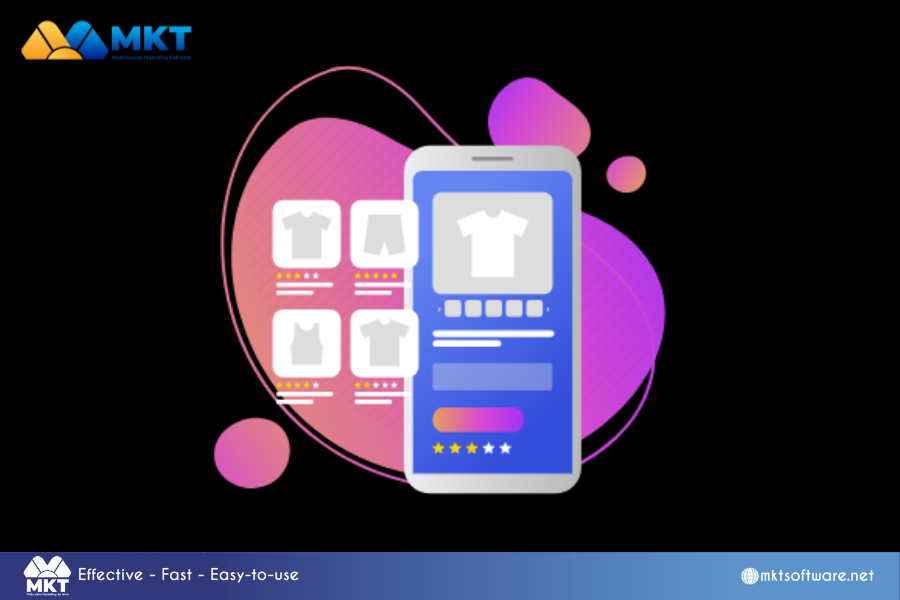
3. Create an engaging script
Presenting a product by reading off a webpage can be too straightforward, and viewers could look up this information themselves. Writing a compelling script is essential for a successful live broadcast. Check how competitors describe similar products, understand what buyers are most interested in, and integrate this into a unique live script to build recognition and increase followers.
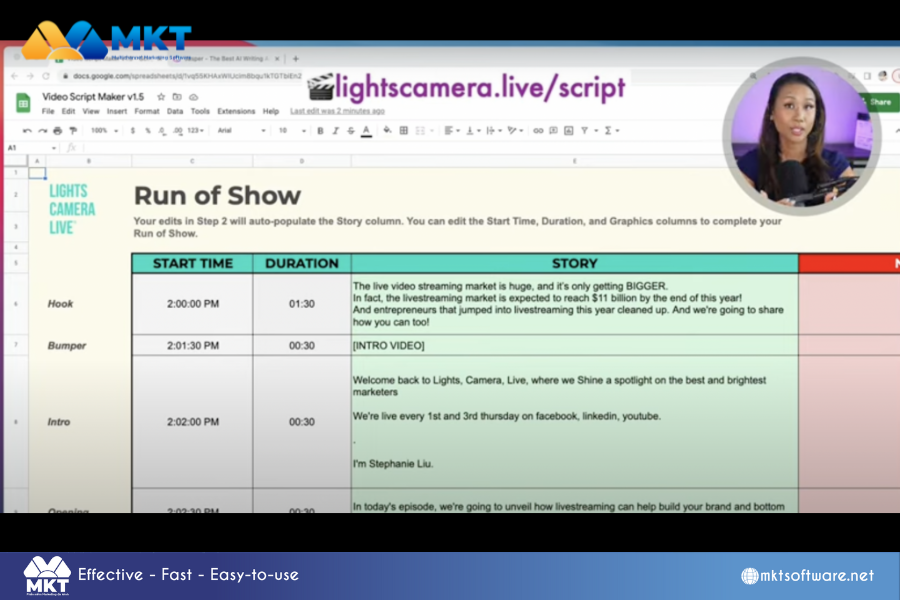
4. Schedule special price intervals during the live session
Watching a live sale can get monotonous, and customers may start to lose interest. Introducing limited-time discounts during the broadcast keeps viewers engaged and encourages them to wait for deals. Schedule around 15-30 minutes per promotion session, keeping each offer brief to maintain enthusiasm and drive sales.
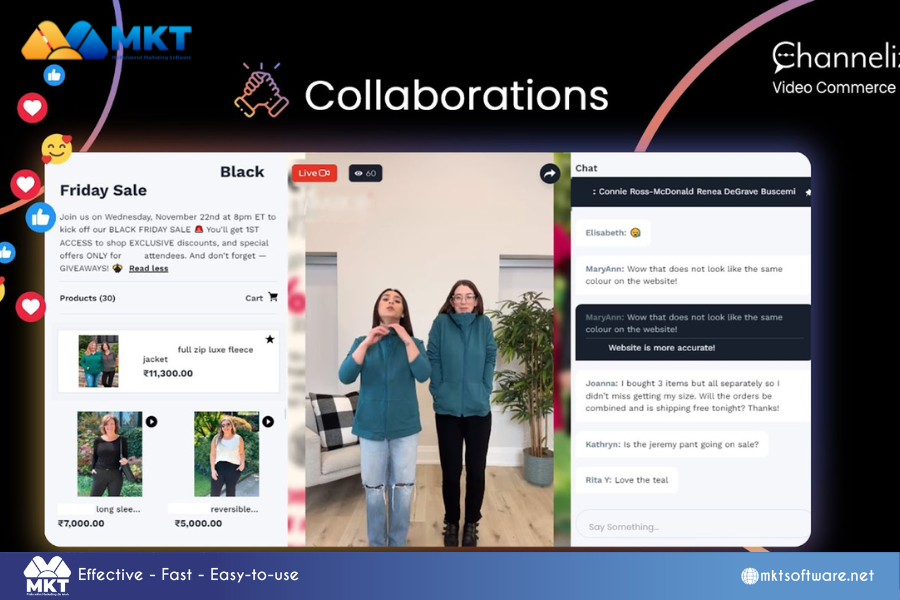
5. Engage in conversation during the live session
Inviting customers to chat or answer questions casually in real time helps them stay on the live stream longer, creating a relaxed sales atmosphere without feeling overly commercialized. Making the session entertaining can help boost customers’ purchasing decisions.
However, this work is not an action that can be easily implemented, especially in the current context where online businesses operate not just on one platform but on many different platforms, leading to the emergence of automated interaction support platforms and tools.
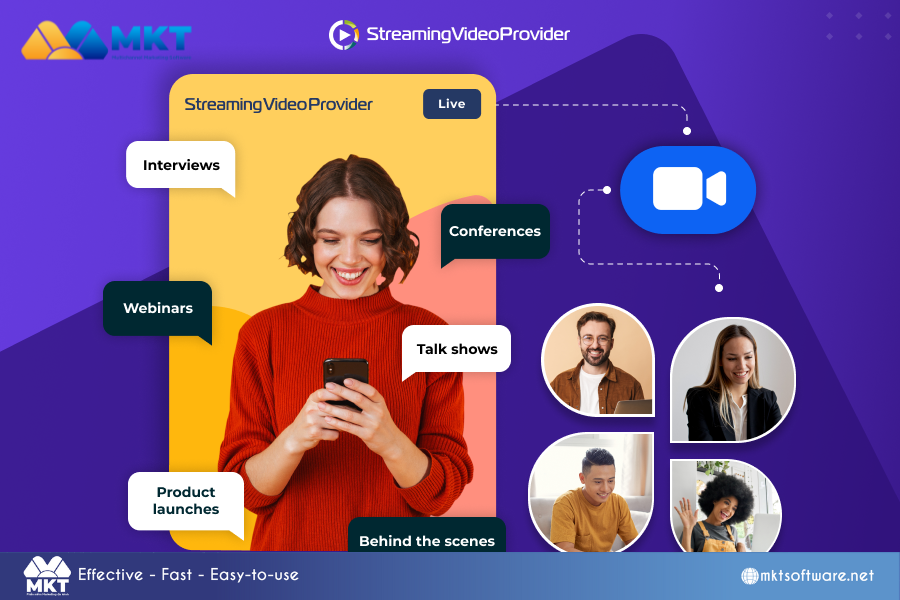
When talking about Livestream, you certainly can’t help but think of TikTok as a popular platform for live content streaming, which is becoming a powerful trend in customer engagement and generating sales revenue.
To ensure content quality, this article will first introduce you to a tool that supports fully automated interactions during live streaming sessions on the TikTok platform. That tool is MKT TikPro software with the following specific compatible features:
- Automatically watch TikTok videos like a user.
- Like TikTok videos according to preset scripts.
- Comment on videos using templates.
- Search and comment on TikTok videos by keywords
- Automatically search and comment on videos based on specific keywords.
- Interact with livestreams
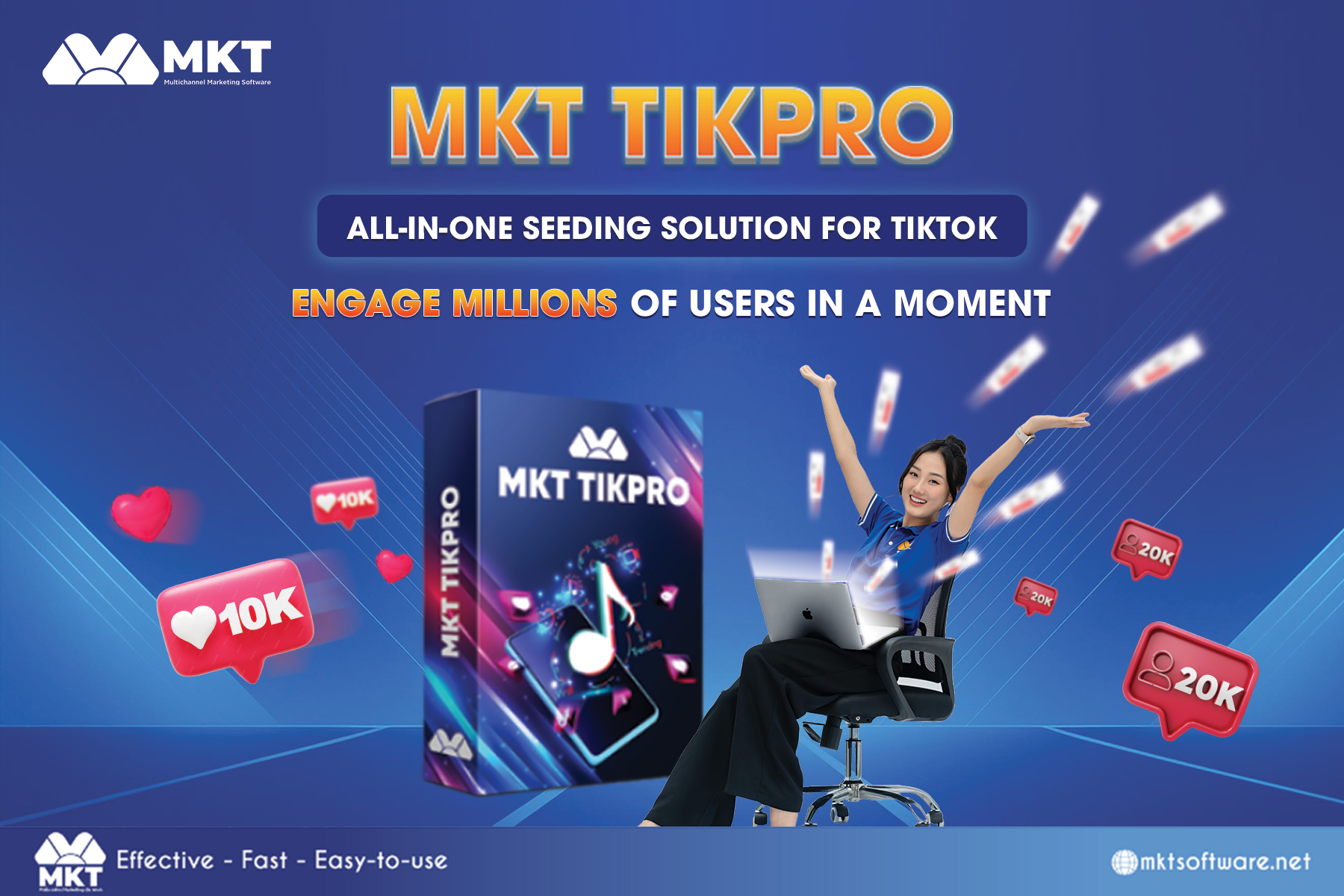
Learn more about the remaining features of MKT TikPro software here: How To Scan TikTok Account Data Using MKT TikPro Software
III. What makes live commerce selling effective?
Live commerce – A powerful blend of live interaction and e-commerce lets brands captivate audiences, showcase products, and close sales in real time. Viewers can discover exclusive deals, interact directly with sellers, and make snap purchasing decisions – a dynamic that keeps them engaged longer than traditional shopping.
- Real-time interaction: Live streaming offers a direct interaction channel, allowing prospective customers to ask questions and receive immediate answers. This virtual shopping experience simulates an in-store visit.
- Accuracy and transparency: In an age where transparency is essential, live streams provide real-time demonstrations and even product unboxings, building trust and confidence among consumers.
- Fear of Missing Out (FOMO): Limited-time offers or flash sales during live broadcasts create urgency, pushing viewers to make swift purchase decisions.
- Mobile commerce and social media integration: The widespread use of smartphones and social media enables live shopping events to be easily accessible and convenient, whether viewers are at home or on the go.

IV. What’s next for brands with live commerce?
Live commerce, while currently more popular in Asia, is also gaining traction in countries like the Philippines, Indonesia, and Thailand, where foreign brands leverage this approach to engage audiences by collaborating with celebrities or influencers. Working alongside e-commerce platforms like Shopee or Lazada for events such as the 11.11 sale further boosts visibility.
For brands or sellers trying live commerce for the first time, set clear goals and prepare thoroughly. Here are some considerations:
- Choose the best platform for your target audience and check what features each offers.
- Prepare key product information and designate someone to handle orders.
- Determine what makes this live session more unique than other shopping channels.
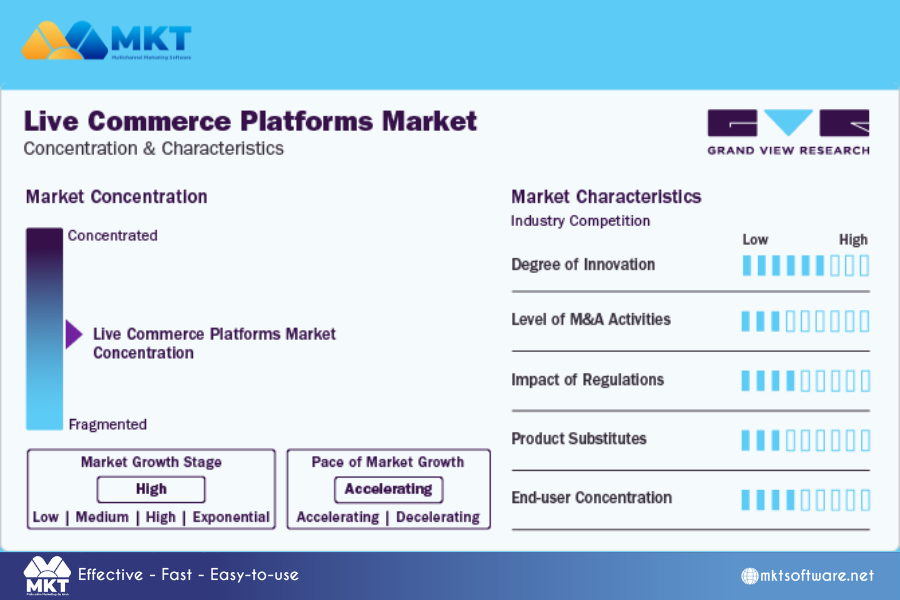
Conclusion
For businesses considering live commerce, this approach could be a game-changer, blending traditional sales principles with the immediacy of digital engagement. We hope you’ve gained valuable insights that can help your business successfully implement and maximize the potential of live commerce.













